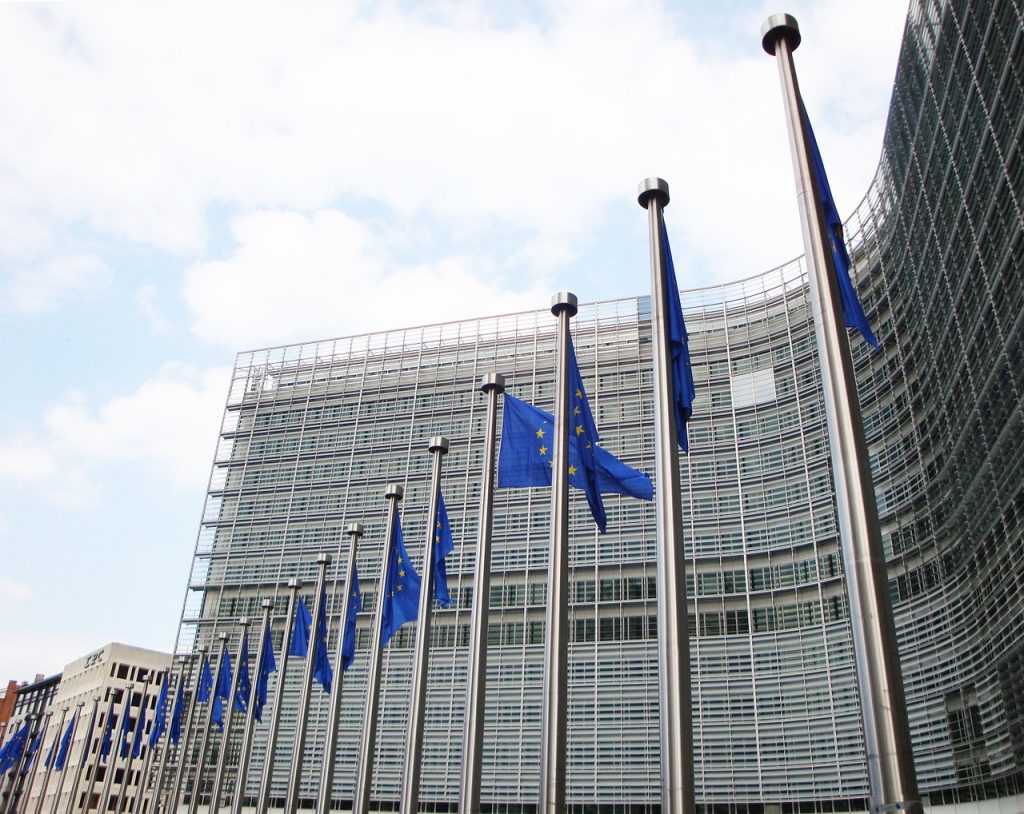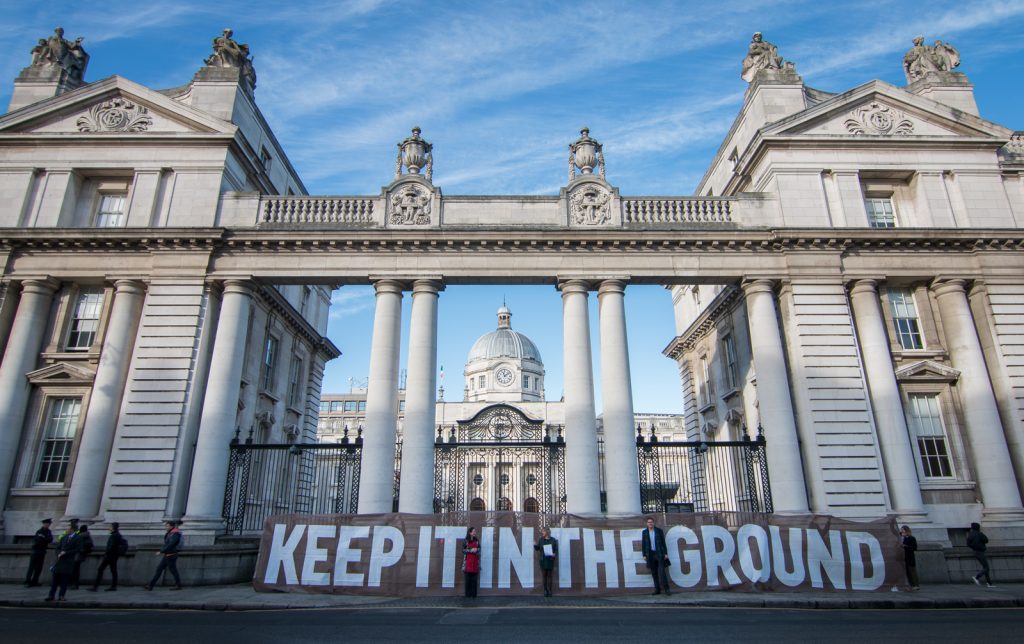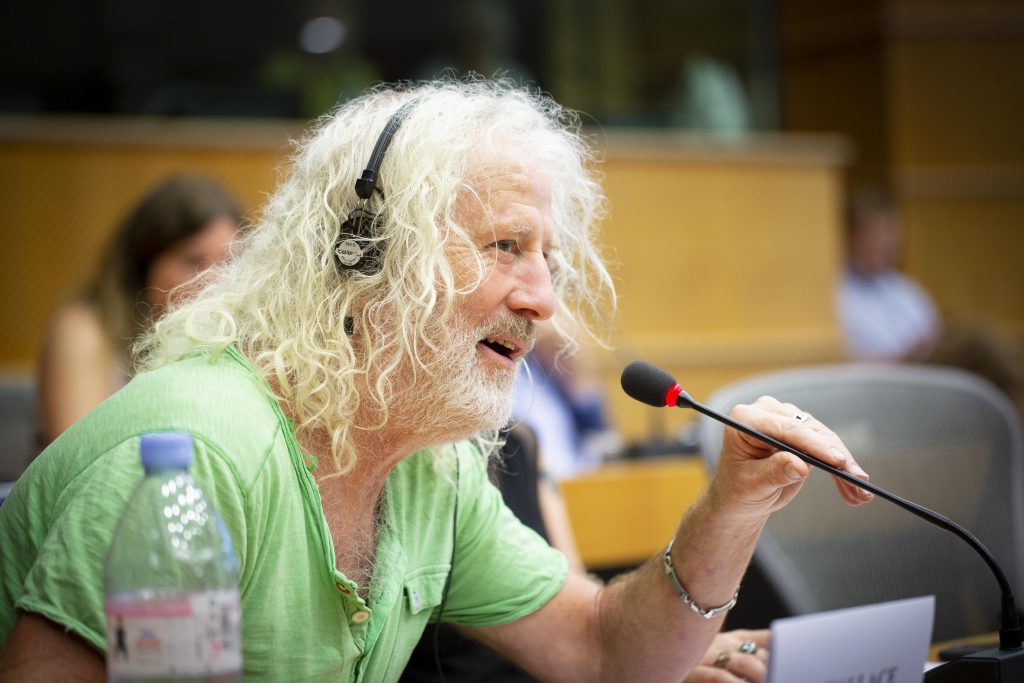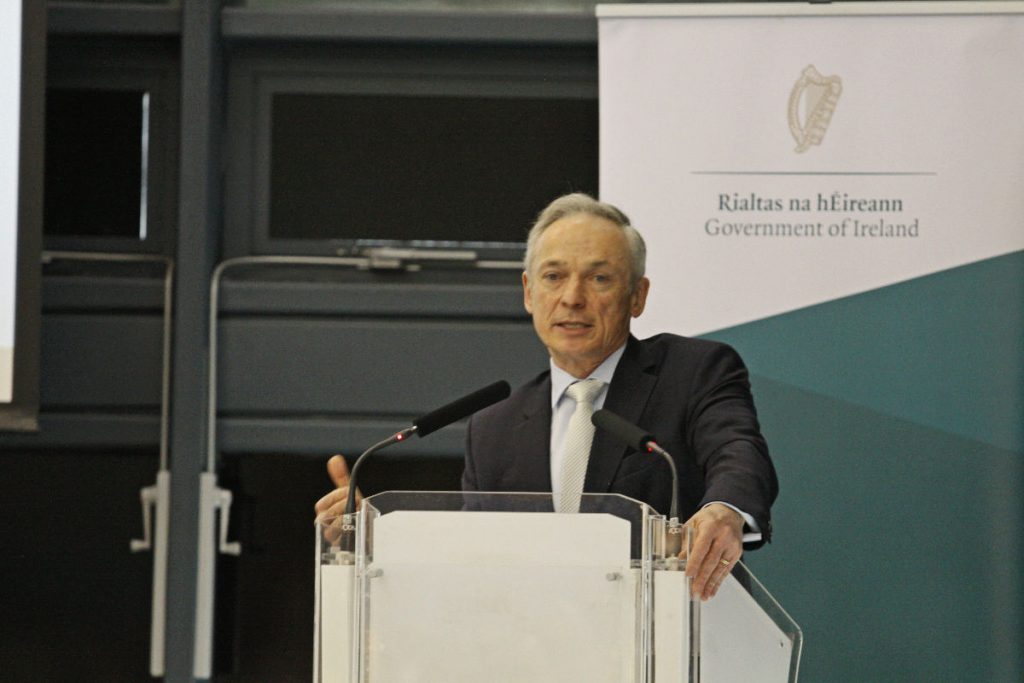MEPs call on Commission to refuse support for Shannon LNG

October 3rd, 2019.
Irish MEPs have sent a letter to the European Commission calling on it to reject all Irish gas projects on a special energy list that they say will encourage the importation of fracked US gas.
Ireland is expected to push for the continued inclusion of a planned liquefied natural gas (LNG) terminal in Co Kerry in the Commission’s Project of Common Interest (PCI) list at a high-level meeting tomorrow.
Shannon LNG has been put forward by the Government for inclusion on the list since 2013 as part of north-south gas interconnector scheme from Scotland to Malta.
Projects on the list can gain access to a €5.35 billion funding pot and also go through a fast-track planning and permit granting process.
The terminal would have the capacity to import and regasify more than six million gallons of LNG per day, the equivalent of our current annual gas imports.
Critics say that the project would see Ireland become a net exporter of fracked gas to Europe, locking both Ireland and the bloc into fossil fuel use for decades to come.

‘Proceeding at all costs‘
The letter from Irish MEPs echoes concerns from activists at home. The letter is signed by MEPs from the Green Party and Sinn Fein, together with independent MEPs Clare Daly, Mick Wallace and Luke ‘Ming’ Flanagan. MEPs from both Fine Gael and Fianna Fail were also asked to sign the letter.
The letter outlines a “fear” that the Irish government is “proceeding at all costs and without any public consultation” to support the EU’s strategic energy cooperation with the US to expand LNG imports.
The MEPs want to see the Commission remove any project from the proposed PCI list that could support the building of an LNG facility in Ireland that “will act as a gateway for fracked gas entering the Irish energy mix”.
They also want the Commission to prioritise sustainability criteria when assessing candidate PCI projects to address “fossil fuel lock-in and the long-term impacts of fracked gas in the European energy mix”.
Fracking is a process for extracting natural gas by drilling into rocks and injecting pressurised water, sand and various chemicals to force out the gas.
Numerous academic studies in the US have linked low birth weights, preterm births, birth defects, asthma, and neurological development issues to fracking, particularly among populations living near wells and facilities.
The fracking process also releases a high amount of fugitive gases, including methane, a potent greenhouse gas. A 2019 study from Cornell University found that the increase in methane concentrations in the atmosphere over the past decade has predominately

Fracking fears
While the Taoiseach has argued that there is no evidence that the Shannon LNG terminal will import fracked gas, a recent filing to the Securities and Exchange Commission (SEC) by the US project lead, New Fortress Energy, states that the company receives gas supply from hydraulic fracturing or fracking.
The company also plans to build a liquefaction facility in Pennsylvania in an area that US activities have described as the “fracking fields” of the state where there are increasing cases of rare cancers, as well as other health, social and environmental issues.
According to the Pennsylvania Department of Environmental Protection, the vast majority of gas produced in the state now comes from unconventional drilling that includes fracking.
Activists from the US also argue that European support for LNG gas projects is propping up the fracking industry there. At present, 13 EU member states already have terminals to import LNG that accounts for 14 per cent of the bloc’s energy supply.
A report released by Food and Water Europe in June found that LNG exports to Europe increased by 181 per cent since July last year. March 2019 saw the highest ever LNG volume brought in from the US to Europe since the first shipment in April 2016, with more than 1.4 billion cubic metres imported.
While the PCI list is said to support EU climate goals by offering cheap, sustainable energy, over 100 gas projects are on the current list, including those in the Southern Gas Corridor project that is linked to human rights violations in Azerbaijan.

Benefits don’t outweigh risks
The EU’s Agency for the Cooperation of Energy Regulators (ACER) has also placed doubt on the benefit of Irish gas projects on the draft PCI list.
In an analysis released last week, ACER said that the Shannon LNG project is one of a number of projects on the list that “did not prove that their overall benefits outweigh costs”.
ACER has also raised
In their letter, the Irish MEPs argue that the Commission is legally obliged to take into account the opinion of ACER and, as such, Irish projects should be removed from the final PCI list as they do not meet the required criteria for inclusion on the list as outlined in EU regulations.
One of the signatories Mick Wallace has written to the Minister for Environment Richard Bruton TD about the issue ahead of a meeting of EU environment ministers that is also taking place tomorrow. The ministers will set down the EU’s mandate for the upcoming UN climate conference in Chile in December.
“Ireland’s reputation on climate issues has not been good – we are projected to miss our 2020 and 2030 targets for renewable energy and emissions reductions,” Mr Wallace said. “Ireland needs a better approach – can it become a key player looking to boost ambition? What will Richard [Bruton] do and say tomorrow?”

A private matter
In a statement to The Green News, the Department for Climate Action (DCCAE) said that the Shannon LNG project is a “private commercial project” and any future investment decisions “are matters for the project promoter”.
Speaking in the Dail during a debate on the issue this afternoon, Mr Bruton said that he is “conscious of the concerns” raised by opposition parties and NGOs.
He said that he now intends to ask the Commission to “review the relevant evidence on LNG in the context of adopting more ambitious climate targets”.
He added that he has also asked his Department to carry out a security of supply review to consider what fossil fuels are required and how they are sourced during the transition to a low carbon economy.
The Government has previously outlined support for LNG terminals in Ireland, stating in the draft National Energy & Climate Plan that the development of terminals would “improve energy security” and allow up to tap into the global LNG market.
[x_author title=”About the Author”]







